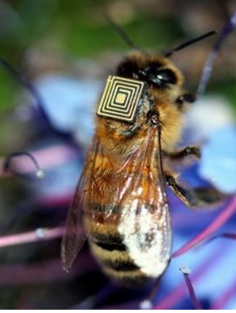Hair
Earlier today, Ann Althouse noted President Obama's use of the expression "hair on X" to mean that X is complicated, from David Remnick's New Yorker interview. The two Obama quotes that she discusses:
Because, if you’re doing big, hard things, then there is going to be some hair on it — there’s going to be some aspects of it that aren’t clean and neat and immediately elicit applause from everybody.
Having said all that, those who argue that legalizing marijuana is a panacea and it solves all these social problems I think are probably overstating the case. There is a lot of hair on that policy. And the experiment that’s going to be taking place in Colorado and Washington is going to be, I think, a challenge….
Read the rest of this entry »


